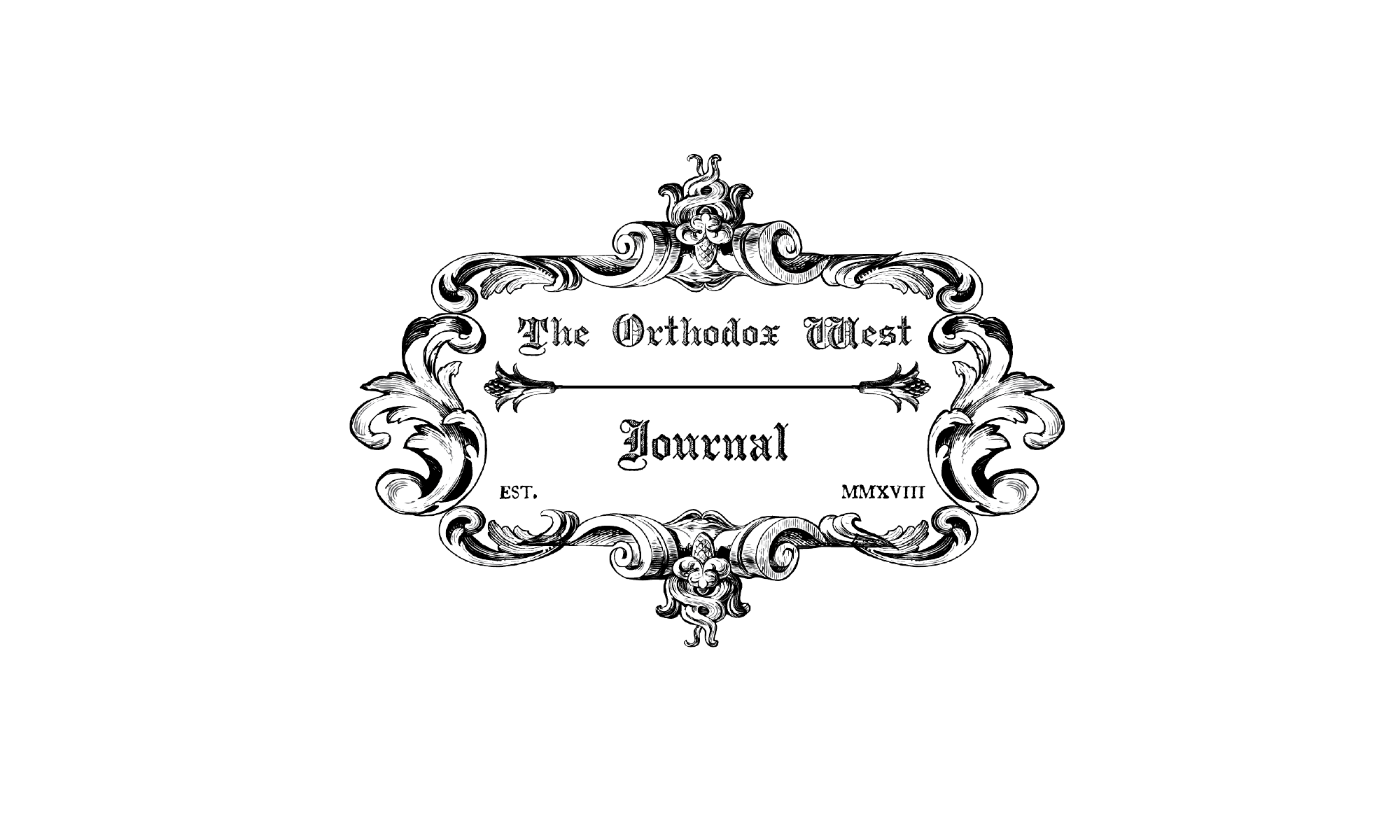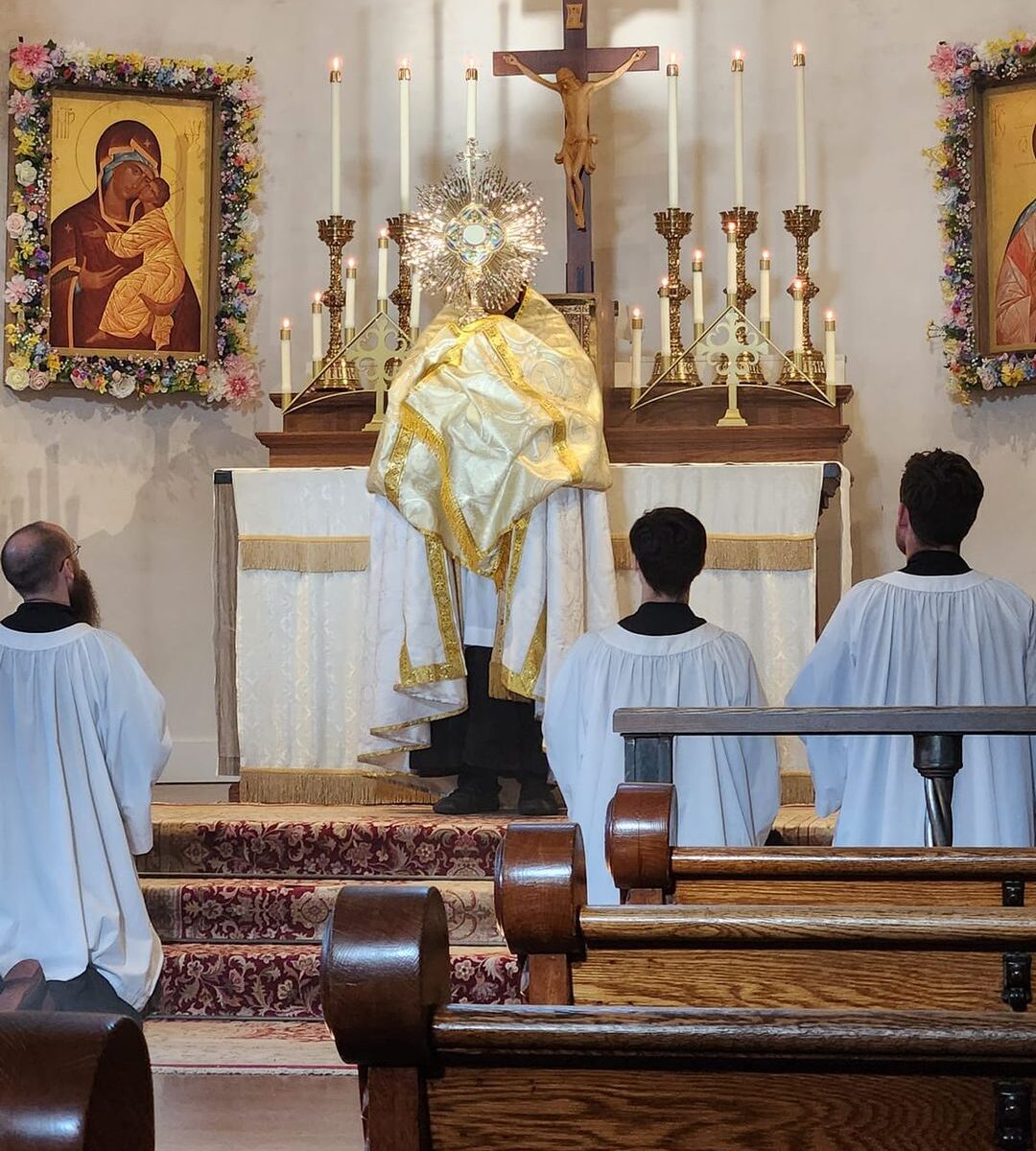The Vicariate Ordo
By V. Rev. John W. Fenton, Assistant to the Vicar General
St Paul concludes his several chapters on liturgical directions with these words: “Let all things be done decently and in order” or “according to order” (secundum ordinem). (1 Cor 14.40) The Apostle’s point throughout this section (1 Cor 8-14) is that liturgical worship is not according to the whims of the presider, faithful, or anyone else; rather, it is orderly. This liturgical orderliness is inherited from the Old Testament worship prescribed by the Lord, and it helps unify both in the moment as well as across various boundaries. To borrow St Paul’s words from another place, liturgical order aids in “endeavoring to keep the unity of the Spirit in the bond of peace. ” (Eph 4.3). Continue reading “SECUNDUM ORDINEM FIANT”

